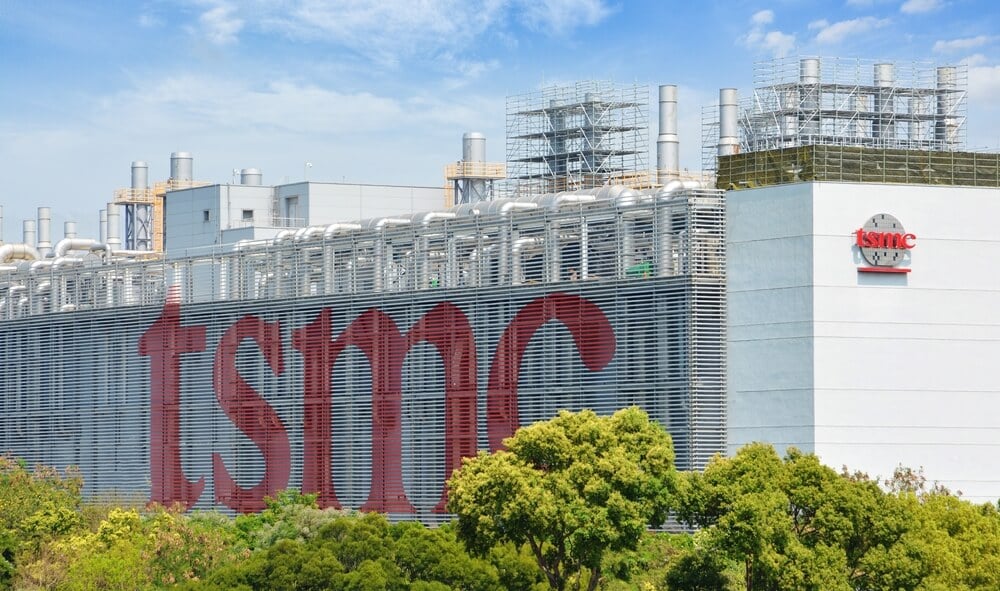Hello, Europe Tech Renaissance! Are you really here? We recently heard of another tech giant, Ericsson, investing €200 million in Irish operations. And it isn't just another press release from a telecom giant.
It's a loud, clear signal, Europe is back on the map, ready to lead in R&D, connectivity, and next-generation innovation.
This investment will expand Ericsson's R&D campus in Athlone. It is about more than real estate and job creation, let's not forget that it brings 250 new roles in highly skilled fields like software development, AI, and machine learning.
This move symbolises a commitment to building Europe's technological muscle from within, not just importing innovation from Silicon Valley or Asia.
A Rebirth Fuelled by Belief
I've followed Europe's tech evolution closely over the years. There was a time when many doubted whether Europe could keep up with the pace of innovation. The headlines were always dominated by American giants, Asian manufacturing breakthroughs, or global venture capital flowing eastward.
Although I was born in Europe, I have been a globetrotter since I was a teenager, and Europe was never my primary focus when it came to business because it never moved fast enough in my eyes.
I remember travelling back and forth to the US and Asia often because their mindset and speed better matched my desire and vision. But over the past few years, Europe has made many people rethink strategies. Something has shifted.
Ericsson is expanding and doubling down on a European hub that has long flown under the radar
Ericsson's move is a prime example of this shift. The Swedish-born telecom leader is expanding and doubling down on a European hub that has long flown under the radar.
Athlone may not be the size of Dublin or the glamour of Berlin, but it reflects the strategic reshaping of Europe's innovation landscape, which is talent-rich, locally driven, and future-focused. Bigger doesn't always mean better.
So why Ireland? Because it's proven to be a hub for deep tech and R&D, not just for Ericsson but for companies like Intel, Microsoft, and AWS.
The country has long attracted FDI (Foreign Direct Investment) with favourable tax policies, but this is no longer just about incentives. It's about ecosystems, resilience, and vision.
Europe's Investment Momentum
Ericsson's €200 million may be news this week, but it's not alone. Look at what's happening in Germany and Spain, two countries rewriting their tech destinies with bold moves.
Remember when TSMC (Taiwan Semiconductor Manufacturing Company) announced a €10 billion investment in Dresden to build its first European chip plant in Germany?
In a world where semiconductors determine the fate of everything, Europe is securing its place in the supply chain
In a world where semiconductors determine the fate of everything from smartphones to satellites, Europe is securing its place in the supply chain, reducing dependency, and showing that Europe is ready to compete at the highest levels.
Meanwhile, in Spain, you may remember when I wrote about Amazon Web Services pouring €15.7 billion into new data centres in Aragon by 2033. Let that number sink in. It is one of the largest single investments in Spain's tech infrastructure, signalling how crucial cloud computing and AI infrastructure are becoming.
These examples are long-term commitments from industry giants who see the potential in Europe's regions beyond just the traditional capitals.
The Tariff Tipping Point
There's another undercurrent we need to talk about, the impact of US tariffs and shifting global trade policies.
As the US ramps up tariffs on Chinese goods and imposes stricter trade measures to protect its own industries, will this become the final nudge that pushes even more companies to move their operations, or at least their R&D, back to Europe?
 With its stable regulatory framework and a renewed appetite for innovation, Europe might suddenly look more attractive as a long-term base
With its stable regulatory framework and a renewed appetite for innovation, Europe might suddenly look more attractive as a long-term base
The geopolitical landscape is changing fast, and businesses are watching closely. With its stable regulatory framework and a renewed appetite for innovation, Europe might suddenly look more attractive as a long-term base.
Could this be the beginning of a new trend, reverse offshoring, but this time with Europe as the safe haven?
A Question of Sovereignty
As we celebrate these investments, we must also zoom out and ask, are we doing enough to preserve Europe's digital sovereignty?
A brilliant analysis from Tomorrow's Affairs asks, "Does Europe have the strength to preserve its digital sovereignty?"
We are seeing more tech come home to Europe, but sovereignty isn't just about geography
The answer isn't automatic. Yes, we are seeing more tech come home to Europe, but sovereignty isn't just about geography; it's about control, innovation, and independence.
If we don't build and own our infrastructure, data models, cloud, and AI frameworks, then the logos on the buildings won't matter. Sovereignty must be earned with every algorithm, every research grant, and every policy we create to nurture homegrown innovation.
The Human Side of Innovation
Let's not forget that behind these billions are people, engineers, coders, researchers, designers, and thinkers. These developments create opportunities at the local level.
Ericsson's expanded presence in Athlone means that local students, graduates, and professionals can work on world-class technology without leaving their communities. It means that small towns can become global centres of excellence.
I've seen first-hand what these investments can do. They open doors, spark curiosity, and build careers, which, in turn, build communities.
We need real policies supporting innovation, education systems that prepare our youth for tomorrow's jobs
But let's not kid ourselves. A few headline-grabbing investments cannot carry the weight of an entire continent. We need to go deeper.
We need real policies supporting innovation, education systems that prepare our youth for tomorrow's jobs, and a mindset that embraces agility, sustainability, and inclusivity.
Europe Has a Unique Advantage
Its diversity, values, and ability to balance innovation with responsibility set Europe apart. While other regions may chase speed at all costs, Europe has the chance to lead with purpose.
Ericsson's investment in AI and machine learning in Ireland, for example, reflects a growing trend to develop ethical, responsible AI that is both powerful and people-centric.
 Europe's got the talent. It's got the ambition. And with companies like Ericsson, TSMC, and AWS leading the charge, it's got the investment
Europe's got the talent. It's got the ambition. And with companies like Ericsson, TSMC, and AWS leading the charge, it's got the investment
Is this Europe's moment? It's got the talent. It's got the ambition. And with companies like Ericsson, TSMC, and AWS leading the charge, it's got the investment.
Collaboration across borders, between public and private sectors and between industry veterans and young disruptors is now needed to make this momentum unstoppable.
Will Europe rise to the occasion?
Europe is experiencing a tech renaissance, a surge of investment, innovation, and inspiration. But will Europe rise to the occasion, or will it let it slip through its fingers?
Ericsson's bold move in Ireland reminds us that Europe is no longer just an observer of the future.
Each investment is a vote of confidence in what Europe can become. The question is, how will we answer that vote?
Each investment is a vote of confidence in what Europe can become. The question is, how will we answer that vote?
Let's not wait to find out. Let's build it together because, as I always say, together, we are stronger.